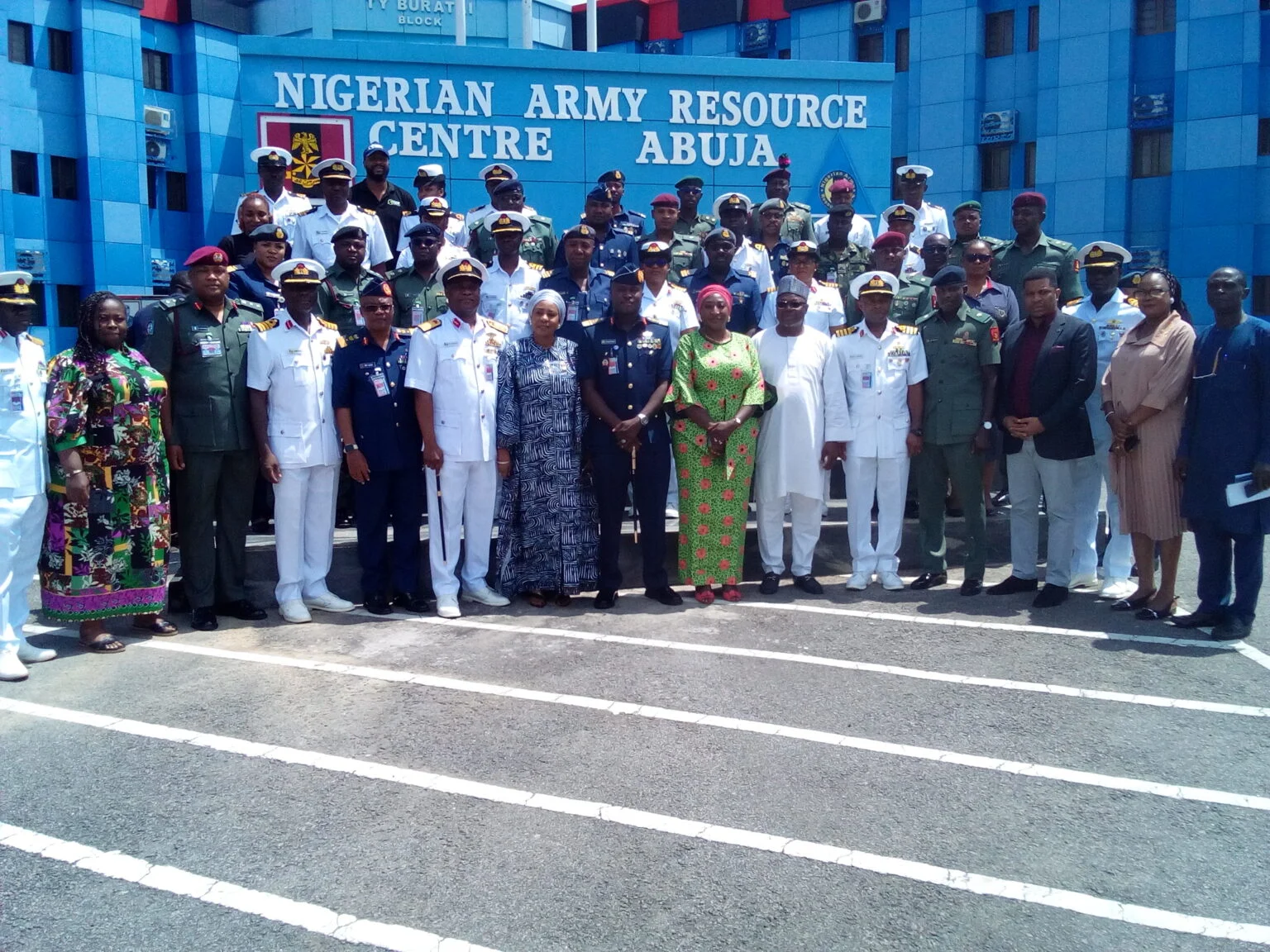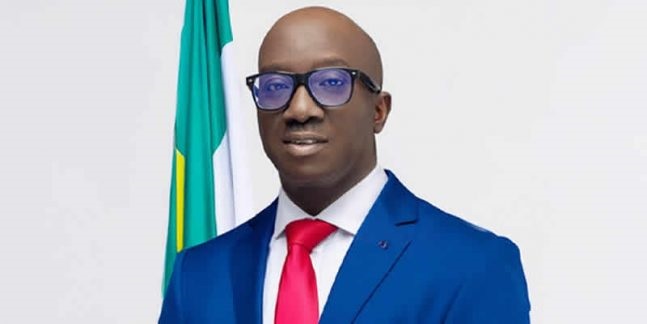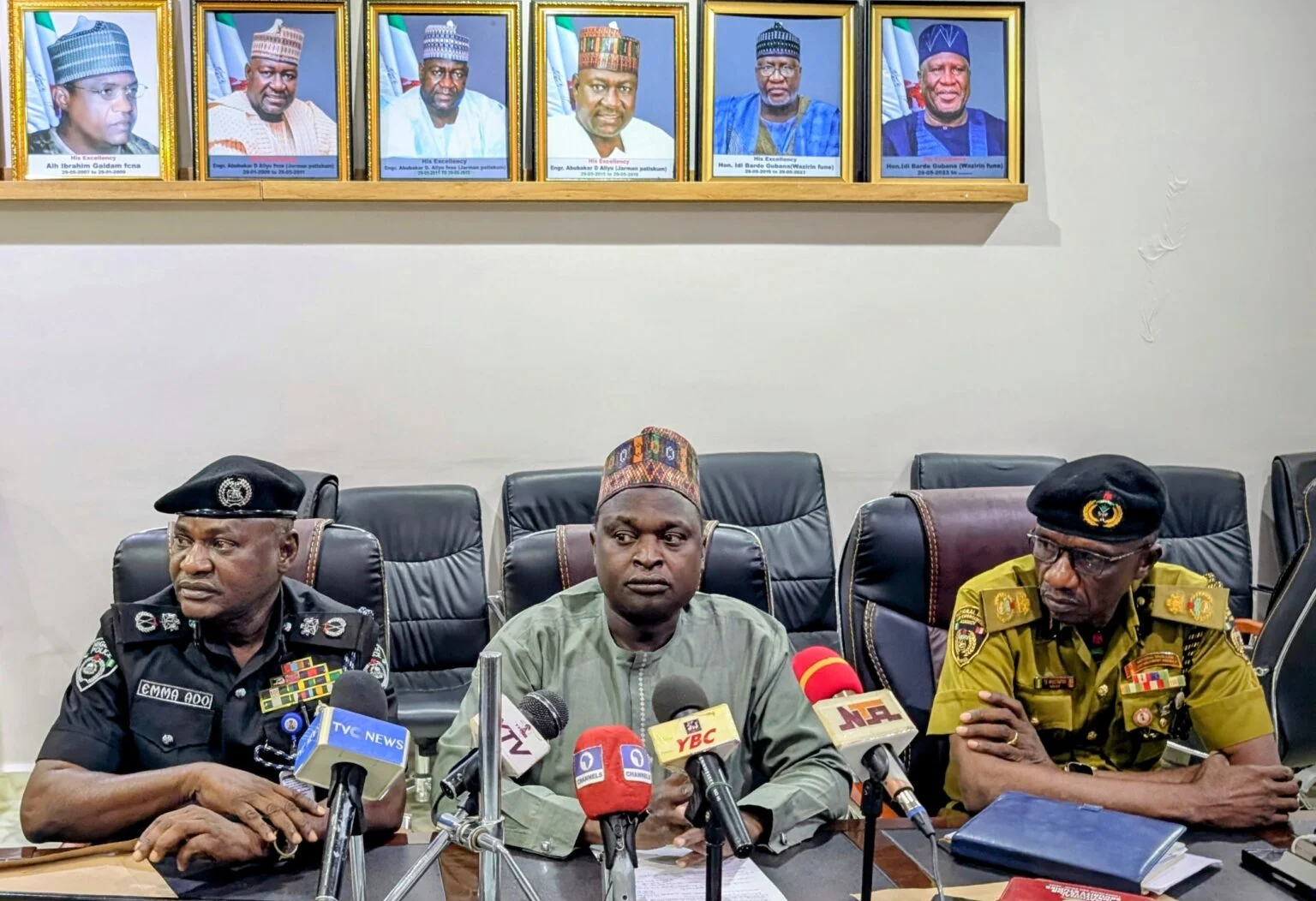Nigeria’s top military leadership has underscored the importance of mental health in sustaining an effective and resilient armed force, calling for greater support for personnel facing trauma, stress and fatigue.
Speaking at the 2025 World Mental Health Day Symposium in Abuja, Chief of Defence Staff General Christopher Musa—represented by AVM Olusola Akinboyewa—said the military’s capability is measured not only by weaponry but also by the psychological welfare of its troops.
The event, themed “Access to Services: Mental Health in Catastrophes and Emergencies”, brought together defence officials, mental health experts and advocacy groups to discuss how emotional well-being should be integrated into national crisis responses.
“Many of our soldiers operate on the frontlines of disasters and conflicts, exposed to invisible wounds that are often overlooked,” the CDS stated. He stressed that mental health care must not be treated as an afterthought but as an essential pillar of operational readiness.
The Defence Headquarters, in collaboration with Secure the Future (SDF), reaffirmed efforts to boost awareness, early intervention and access to professional counselling for service members.
SDF founder Saidatu Adamu urged policymakers and institutions to move beyond rhetoric. “Mental health must become a strategic priority. A mentally fit force is a mission-ready force,” she said.
Psychiatrist Professor Taiwo Sheik from Ahmadu Bello University described mental health as a national crisis that disproportionately affects soldiers in conflict zones. He warned that with Nigeria’s population of over 230 million, tens of millions could be affected by mental health conditions at any time.
Citing global statistics, he noted that over 20 per cent of individuals in war-affected regions live with mental health disorders, compared with one in eight people worldwide.
Prof. Sheik called on the government to establish comprehensive policies, ensure stigma-free access to treatment and allocate more funding towards mental health services within the armed forces. “Caring for those who defend the nation is not optional—it is a societal obligation,” he said.





